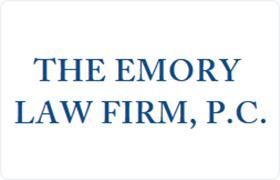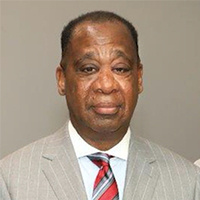Cleveland Criminal Lawyer, North Carolina
Sponsored Law Firm
-
 x
x

Click For More Info:
-
The Emory Law Firm
11020 David Taylor Dr. Suite 102 Charlotte, NC 28262» view mapCriminal Defense Law Our People Make The Difference
We’re dedicated to ensuring that we take care of all of our clients, and that their legal needs are met and exceeded. We offer high-quality legal work and personal client service.
800-972-6341
Jonathan D Griffin
Divorce, Child Custody, Alimony & Spousal Support, Criminal
Status: In Good Standing Licensed: 23 Years
FREE CONSULTATION
CONTACTEdwin A. Pressly
Traffic, Workers' Compensation, Criminal, Civil & Human Rights
Status: In Good Standing Licensed: 48 Years
Robert H. Raisbeck
Traffic, Family Law, Criminal, Bankruptcy, Child Custody
Status: In Good Standing Licensed: 35 Years
 C. Randolph Emory Charlotte, NC
C. Randolph Emory Charlotte, NC Practice AreasExpertise
Practice AreasExpertise
